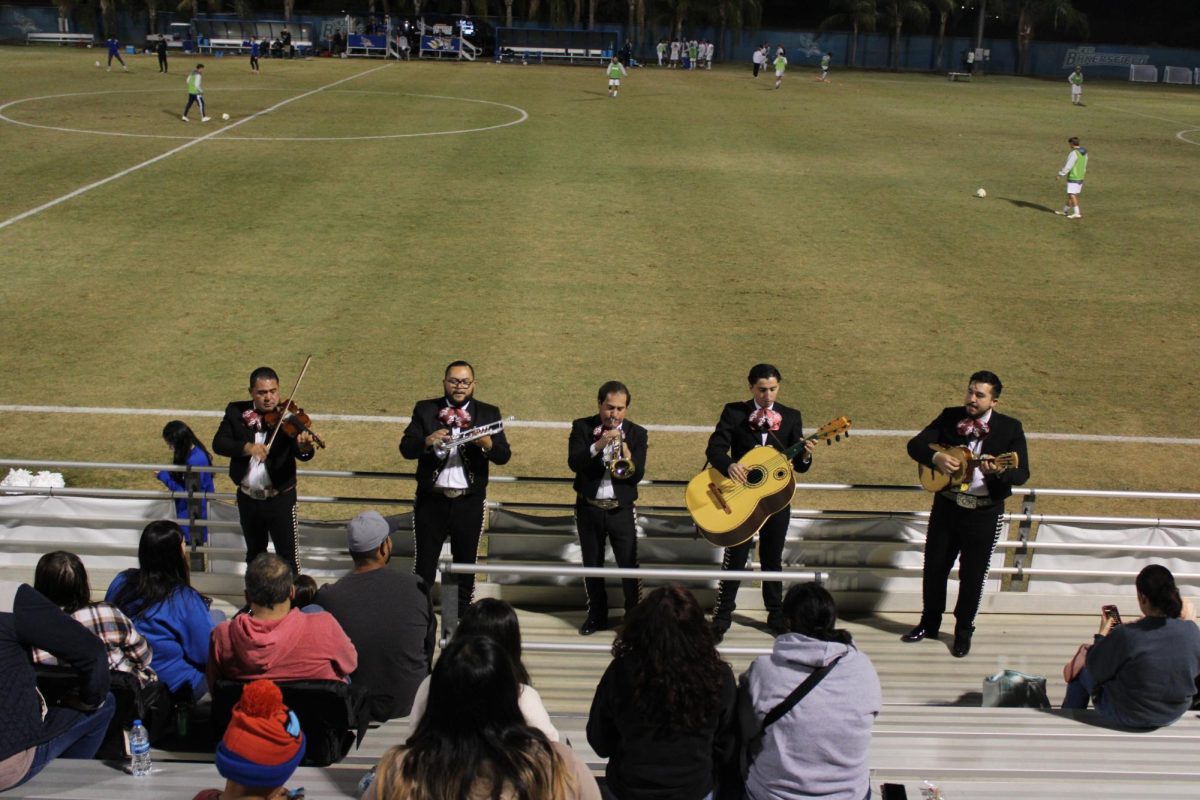By Nate Sanchez
Senior Columnist
There’s a lot wrong with baseball. Within the game, you’ve got the problem of performance-enchancers still lingering from the 90’s and the asinine self-enforcement of the game’s “unwritten rules.” Outside of the game, there’s the battle between baseball’s nostalgic old ways and the new wave of analytics taking over the game.
I’ve taken issue with two more “traditional” statistics used to determine a players’ worth. I’m gonna tell you why they’re garbage, then give you a better alternative.
Pitching, Saves/Closers: Saves are a stupid thing. I won’t even put it in the same category as a statistic. It’s just a thing. A pitcher gets a save when he or she comes into the game with a lead of (at most) three runs and finishes the game.
What I hate about saves is the fact that it fuels this idea that the ninth inning is some magical zone that requires some “killer instinct, shut down mentality.” It’s ridiculous. The ninth inning isn’t baseball on “Hard Mode.” Mitch Williams did it, for crying out loud.
If you don’t know who Mitch Williams is, he’s “that guy from work” who obnoxiously posts his beer league softball stats on Facebook and wears compression shirts on casual Friday. He was also a pitcher for the Phillies, then an “analyst” on MLB Network and more recently, unemployed (for this).
Yeah… so, Mitch Williams. If that guy can do something, anyone can do it.
Now I know what you’re thinking. HOW DARE YOU DISGRACE THE STAT OF THE MIGHTY MARIANO RIVERA, YOU HEATHEN?
I’m not trying to tear down Rivera or his accomplishments. He was a great pitcher; who collected a whole lot of a single stupid stat. The fact that he was a great pitcher regardless of his saves is why I can’t stand them. Why reserve your best relief pitcher for the very end of the game?
Alternative, Relief Ace: If I’m in hot water in the seventh inning and I’m the manager of a major league team, I want my best pitcher on the mound ASAP. I’m not gonna trust one of my mid-tier relievers cause I’m saving my best guy for a situation that may or may not be as bad or worse than the one I’m in now. That’s just idiotic.
Why not put in the best available pitcher when you need him? It only hurts yourself when you prepare for a hypothetical situation in the future. Think of how many more games the Yankees would have won if they’d used Mo when they really needed him.
The closer’s save is a ceremonial waste of talent. STOP BEING DUMB, GUYS.
Hitting, Runs Batted In (RBI): RBI are important for all the wrong reasons. Normally, you can judge a power hitter by the amount of runners who score during one of his at-bats. Here’s why it’s not a reliable stat: it’s dependent on your teammates’ ability to get on base, which is not always good.
Why hinge power numbers on players who aren’t the ones being evaluated?
Another fault in RBI is the fact that it doesn’t always give credit where it’s due.
Lemme break it down for you. Say a guy hits a single, then he’s moved over to second on a fly ball to right field. Then a third batter hits a hard single into center field, allowing the runner to score. The runner gets a run scored and the third hitter gets an RBI. But what about the second hitter?
All he’s gonna get is a drop in his average. His at-bat was crucial to that run scoring, why shouldn’t he get a piece of the glory?
Alternative, Weighted Runs Created Plus (wRC+): I like this stat because, not only does it give a pretty accurate value of a player by the amount of runs he/she’s worth, but saying it makes me feel like a genius. BEHOLD MY SCIENCE BRAIN AND TREMBLE, PEASANTS.
wRC+ is great because it takes a player’s total offensive value by measuring it in runs, it’s also adjusted to leagues and parks. For example, Petco Park in San Diego is a notorious pitcher’s park, but Coors Field in Colorado totally isn’t. The league is a lot different from what it was in the 40s, but thanks to wRC+ we can compare Babe Ruth to Ricky Henderson to Mike Trout.
Essentially, this stat transcends time and space. It’s a great means of seeing a player’s offensive production for what it really is, regardless of when and where they play. That’s how we make sure we don’t overlook a good hitter who’s passed over just because he doesn’t hit home runs in a pitcher’s park.








